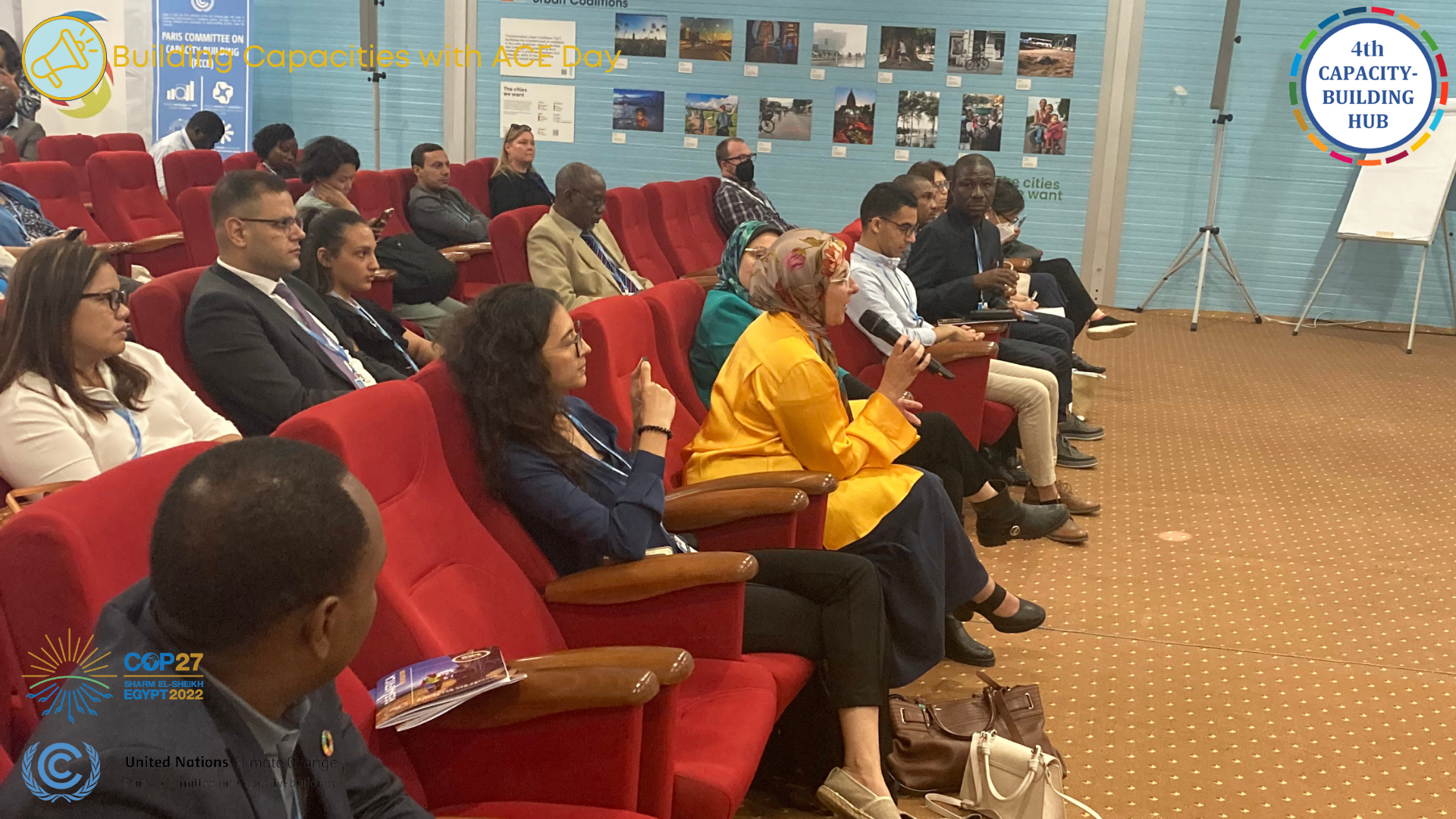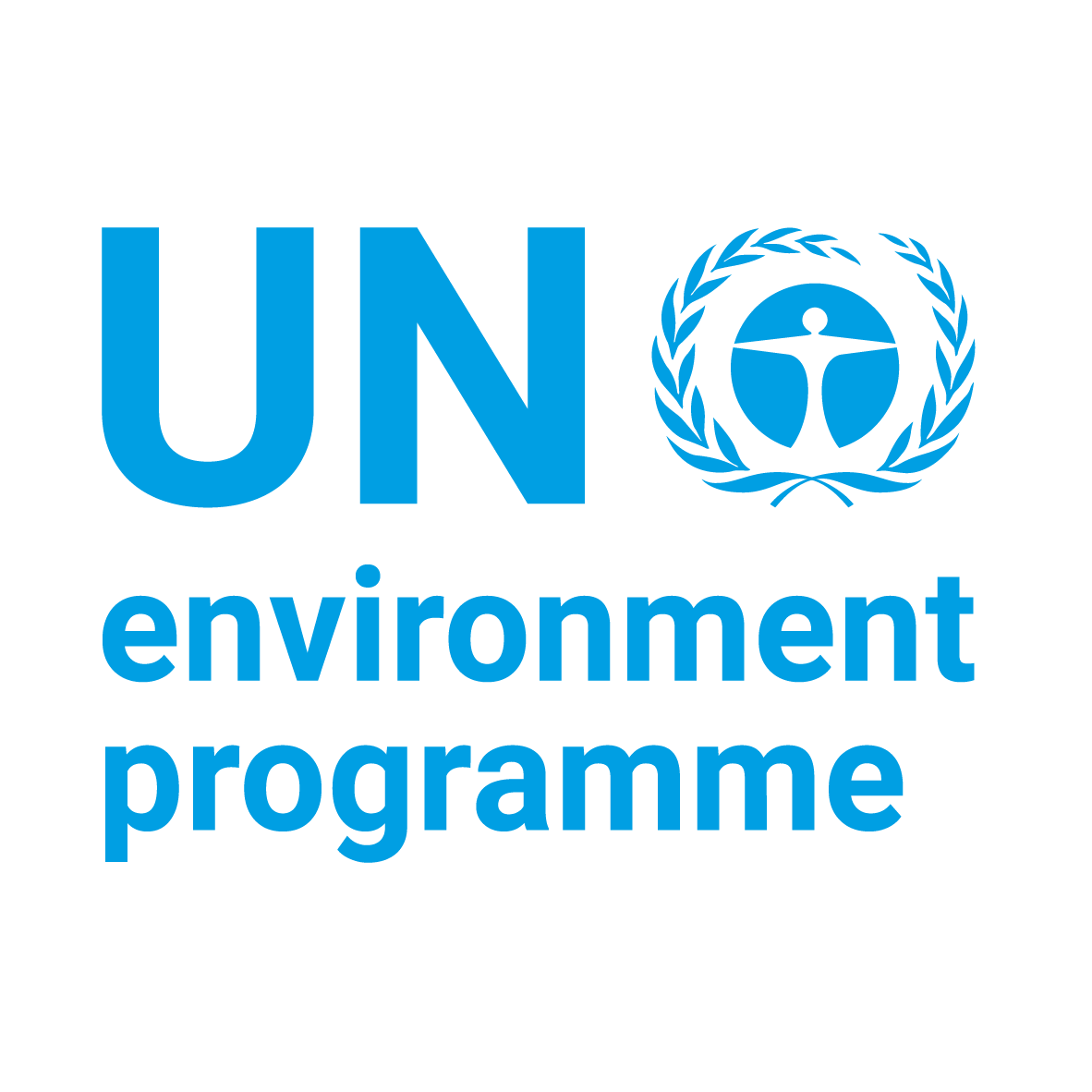Organizers
Background
This session aims to showcase climate adaptation capacity building practices among different stakeholders through three components: bridging adaptation knowledge to action, closing adaptation knowledge gaps in subregions and countries, and building youth capacity for climate action through city-university partnerships. The panelists will discuss what the main areas of knowledge gaps and capacity building needs are and highlight specific challenges, learning, experiences and best practices from their initiatives.
Objectives
The event will be structured around the following components:
- Bridging adaptation knowledge and action
The Adaptation Research Alliance (ARA) believes that we need a new paradigm of action-orientated research to inform effective adaptation to reduce the risks from climate change, particularly for countries and communities that are most vulnerable – at the scale and urgency demanded by the science. The ARA is a global, collaborative effort to increase investment and opportunities for action research to develop/inform effective adaptation solutions. Through diverse stakeholder partnerships and collaborations between funders, researchers and actors that make up the ARA membership, we cocreate, innovate, and find solutions that have tangible effects on people’s everyday lives.
- Closing adaptation knowledge gaps in subregions and countries
The Lima Adaptation Knowledge Initiative (LAKI), is a Nairobi work programme (NWP), UNFCCC knowledge-to-action hub initiative, and it is facilitated in partnership with UNEP’s Global Adaptation Network (GAN). With regional, national and local collaborators, it closes knowledge gaps and catalyzes partnerships to ramp up adaptation action. The LAKI has been conducted in a total of 52 countries with a total of 150 priority adaptation knowledge gaps identified with targeted knowledge users in mind. In the MENA region, LAKI phase II has been facilitated in partnership with the Economic and Social Commission for West Asia (ESCWA). The UN Climate Change and University Partnership Programme connects graduate students with technical partners to further contribute to closing LAKI identified knowledge gaps at national and local scale.
- Building youth capacity for climate action through city-university partnerships
The Educational Partnerships for Innovation in Communities (EPIC) is a network of more than 70 institutions currently implementing the EPIC model which pairs cities’ needs with learning priorities of universities to allow for a broad spectrum of sustainability issues to be addressed in a win-win situation —students gain practical experience, allowing them to develop professionally and build their capacities, while local municipalities can leverage the often-untapped expertise of local universities to tackle sustainability challenges. The EPIC Asia Network, launched in 2021 with the support of UNEP’s Global Adaptation Network (GAN), is currently implementing their projects in Indonesia, Malaysia, Nepal, Philippines, Thailand and Vietnam.
Structure
| Time (11.15-12.30) |
Segments
|
| 5 min |
Welcome and overview
|
| 35 min |
Brief introduction to the initiatives followed by a panel discussion structured around the guiding questions
|
| 20 min |
Audience Q&A
|
| 10 min |
Reflections from high level speaker
|
| 5 min |
Closing and buffer time
|
Speakers
- Jesse DeMaria-Kinney, Head of Secretariat of the Adaptation Research Alliance (ARA)
-
Taylor Martin, Programme Manager, Cowater International
-
Dr. Tarek Sadek, Water Resources and Climate Change Officer, United Nations Economic & Social Commission for Western Asia (UN-ESCWA)
-
Maha Balbaa, Student, The British University of Egypt
-
Dr. Nuttavikhom (Kay) Phanthuwongpakdee, EPIC-N Asia Coordinator, Thammasat University, Research Unit in Urban Futures and Policy
-
Julianne Afable, Student, University of the Philippines Los Baños
Moderators
- Pilar Bueno, Professor, National University of Rosario
Key Outcomes
- Bridging the silos between science/adaptation knowledge, action and policy by working across sectors (governments, civil society, other stakeholders) and multiple levels (national to international) via participatory approach is essential.
- Youth are in the forefront of climate action. They have the knowledge and drive to generate change but will need to be provided opportunities and capacity building to put their knowledge into practical use.
- There is a critical need to strengthen adaptation financing, and to ensure the funds go to the communities in need.






